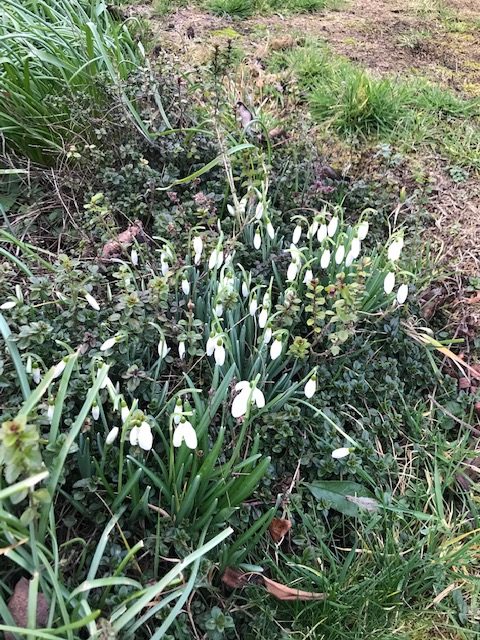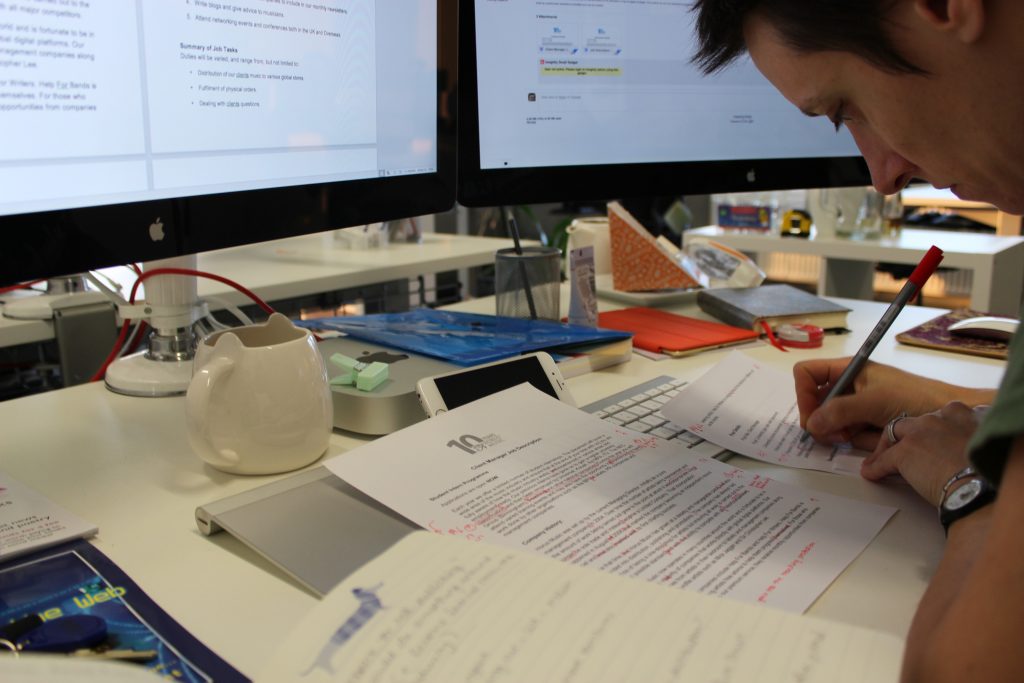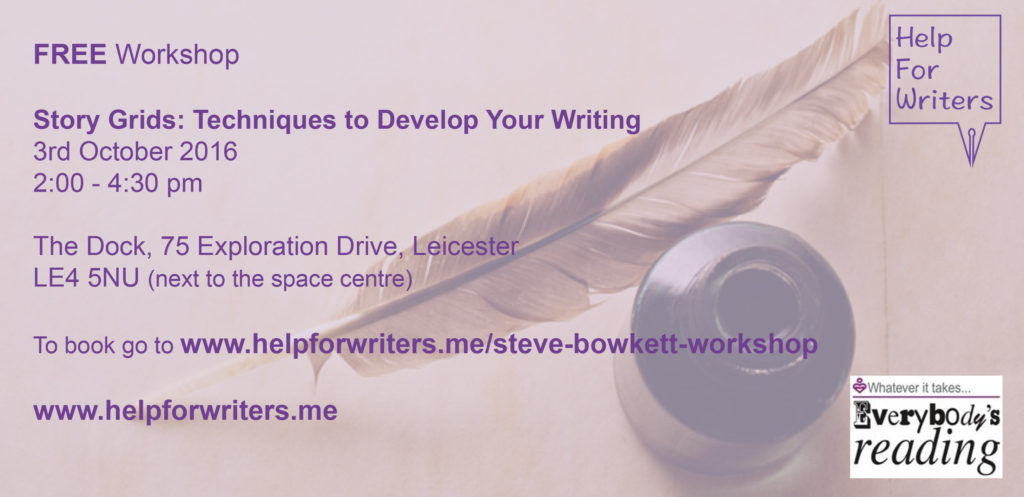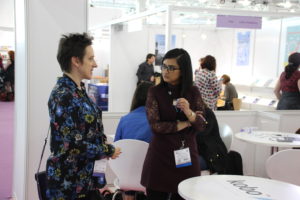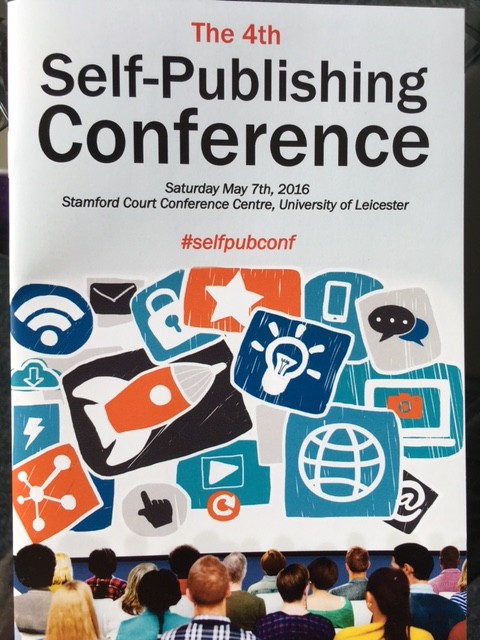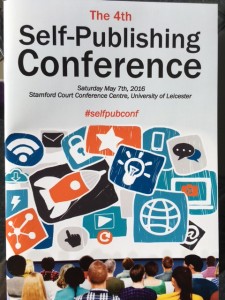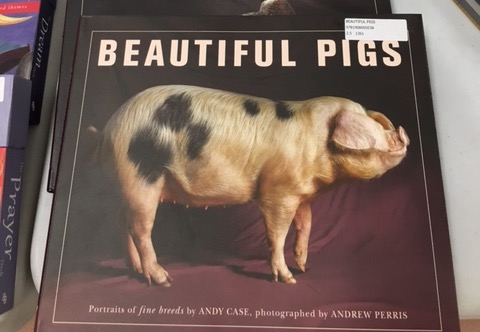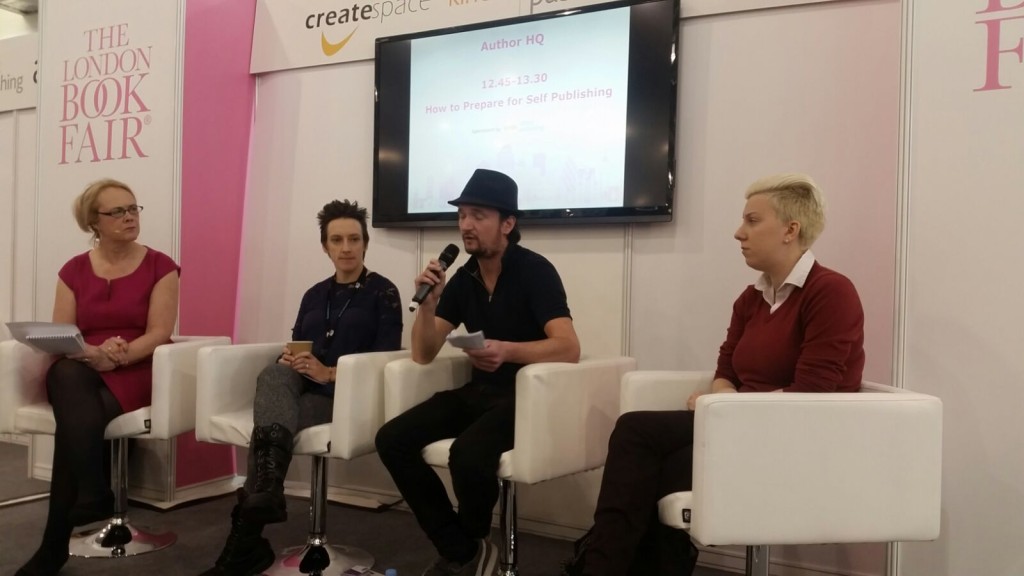Maybe it’s just a coincidence. You don’t see a particular mistake for years and then several examples turn up at once and you find yourself asking, ‘Is this a thing now? Why are people doing this?’ So here we go. How to improve your writing by avoiding things that I don’t like. Will it actually improve your writing? Maybe. No guarantees. Depends on context, etc. etc. etc. Try it and see!
There seems to be a trend for writers to use ‘inside’ or ‘within’ where the little word ‘in’ – or ‘into’ – would work just as well. Hence we have ‘The hero strode inside the room’ or ‘She reached within the cupboard’ or ‘He put it inside his pocket’. Try substituting ‘into’ (first two examples) or ‘in’ (last example). Doesn’t it sound cleaner and crisper? See also: ‘placed’ instead of ‘put’: for example, ‘Maria placed it inside the box’ vs ‘Maria put it into the box’. People are always placing things inside things instead of simply putting them in. That’s not to say there isn’t a place for these usages, just that it would probably improve your writing if you stopped and thought about it first to make sure that’s really the best way of saying what you want to say.
There’s another construction that’s been bugging me lately. Again, it’s not ‘an error’ per se, but it’s something you might like to think about to make sure you’re using it consciously and to maximum effect. Technically I’d call it ‘gerund vs infinitive’ – here’s an example:
‘She started walking along the path.’ Compare and contrast with: ‘She started to walk along the path.’ (walking – gerund; to walk – infinitive)
I’ve been seeing a lot of gerunds lately – the ‘ing’ form of the verb – especially in action sequences. ‘Dave started shooting …’ ‘Emma started running …’ and so on. I can totally see why people do it – it has a certain flow, and it tends to be how people talk, as well. But it can actually serve to slow down the ‘feel’ of the action where the infinitive would keep it moving along. This is the case especially where the action is interrupted or moves rapidly on. Neither construction is right or wrong, but if you keep it in mind while you’re reading through your own work, you can make an informed decision about which one you want.
Those are the most obvious things I’ve seen recently that give me an impression of laziness rather than bad grammar or mistakes. When one construction is used a lot at the expense of another which works just as well or better, it just makes me think that the author has got into a comfortable groove and hasn’t really ‘seen’ their own writing. It doesn’t make it bad writing, but if you take a look through fresh eyes and try mixing things up a little, it might give your work that extra pop and sparkle that elevates it from ‘competent’ to ‘good’ or from ‘good’ to ‘great’.
Final note: a character telling another character something is still ‘telling’ rather than ‘showing’. I find ‘show, don’t tell’ rather a simplistic instruction – there’s a place for both – but don’t think you can stick something into dialogue and it suddenly becomes better. It’s particularly annoying when a character has spent a couple of paragraphs thinking about, for example, how Mr X can’t possibly be a plausible suspect because of Y and Z, and then feels compelled to repeat their thought process word-for-word to their colleague in the next chapter.
